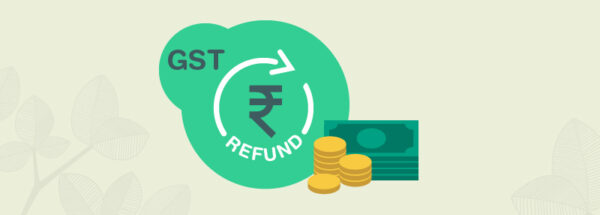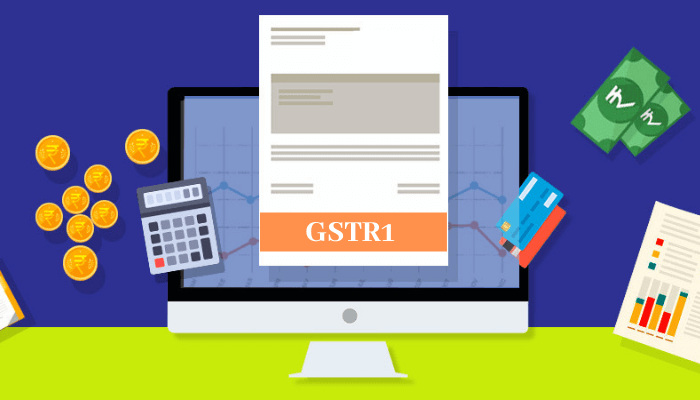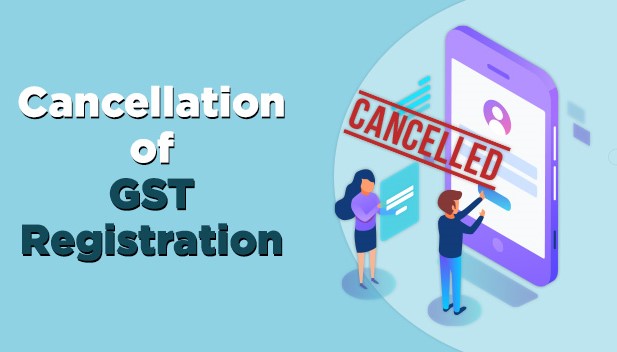Undoubtedly, the amendments to the GST laws have left a bittersweet aftertaste for taxpayers. While the industry is still attempting to gauge the true intent and outcome of several changes, some amendments are straight arrows, being aimed directly at rectifying a specific lacuna in the existing law. One such is the proposal to amend the definition of ‘relevant date’ in Paragraph (2) of Explanation appended to Section 54 of the Central Goods & Services Tax Act, 2017 (‘CGST Act’) [Refer Clause 112 of the Finance Bill, 2022 (‘Finance Bill’)]. In order to appreciate the proposed amendment, it is pertinent to take note of the background and the dispute that it seeks to settle.
Zero-rating of certain supplies
The Integrated Goods & Services Tax Act, 2017 (‘IGST Act’) provides for zero-rating of certain supplies. The term ‘zero-rated supply’ covers supplies of following two categories: (i) Export of goods or services or both; and, (ii) Supply of goods or services or both to a Special Economic Zone (‘SEZ’) developer or a SEZ unit. A taxpayer is entitled to undertake zero-rated supplies in either of the following ways:
– The taxpayer undertakes zero-rated supply on payment of integrated tax. The input tax credit available in electronic credit ledger and cash available in electronic cash ledger are utilised for discharge of integrated tax liability on zero-rated supply. The integrated tax so paid on the zero-rated supply is then allowed as refund to the taxpayer; or
– The taxpayer undertakes zero-rated supply without payment of integrated tax under letter of undertaking. The taxpayer is allowed refund of unutilised input tax credit.
The refund under Section 16 of the IGST Act is allowed in accordance with Section 54 of the CGST Act read with Rule 89 of the Central Goods & Services Tax Rules, 2017 (‘CGST Rules’). Section 54(1) of the CGST Act requires every taxpayer desirous of claiming refund to electronically file an application in Form GST RFD-01 within the two years from the ‘relevant date’. Notably, the limitation period of 2 years for filing refund application is linked with ‘relevant date’. Paragraph (2) of the Explanation appended to Section 54 defines ‘relevant date’, carving out distinct situations. These distinct scenarios are tabulated as under:
| Clauses | Scenario |
| Clause (a) | Goods exported out of India, where refund is claim on goods exported themselves or inputs and input services used in such export goods |
| Clause (b) | Deemed export of goods |
| Clause (c) | Export of services out of India, where refund claim is on services exported themselves or inputs and input services used in such export services |
| Clause (d) | Tax becoming refundable as a consequence of judgment, decree, order or direction of the Appellate Authority, Appellate Tribunal or any Court |
| Clause (e) | Refund of unutilised input tax credit arising on account of inverted duty structure |
| Clause (f) | Refund of tax paid in excess on provisional basis |
| Clause (g) | Where the applicant claiming is refund is a person other than the supplier |
| Clause (h) | All other cases |
A probe into determination of ‘relevant date’ for supplies to SEZ developer or SEZ unit will require one to analyse the applicability Clause (a), Clause (b), Clause (c) and Clause (h).
Supplies to SEZ is covered under residuary clause
As noted above, Clause (a) covers export of goods outside India. The term ‘export of goods’ refers to taking goods out of India to a place outside India. The term ‘India’ inter alia covers territory of India as referred to in Article 1 of the Constitution of India, 1950 (‘Constitution’). The Constitution in turn defines the expression ‘territory of India’ as territories of States and Union Territories specified under First Schedule. The SEZ units and SEZ developers, situated inside the SEZ, are evidently located within the territory of India. Section 53 of Special Economic Zones Act, 2005 (‘SEZ Act’) merely deems SEZ as territory outside the customs territory of India, like a port, airport, inland container depot, land customs station etc. Thus, it follows that export of goods which involves taking goods out of the territory of India to a place outside territory of India, and not merely outside the customs territory of India, does not cover supplies made to SEZ developers and SEZ units.
Clause (c) covers services exported out of India. The definition of the ‘export of service’ as defined in Section 2(6) of the IGST Act inter alia requires the recipient of service to be located outside India. As discussed in the preceding paragraph, SEZs are very much a part of India and do not fall outside the territory of India. They are merely deemed to be outside the customs territory of India. Therefore, supply of services to SEZ developer or SEZ units do not qualify as export of services.
Clause (b) covers deemed exports of goods. Section 147 of the CGST Act allows the Central Government to notify the categories or class of supplies which shall be deemed as exports. The Central Government in exercise of aforesaid powers has issued Notification No. 10/2017 – Central Tax (‘Notification 10/2017’) which inter alia covers supplies to export oriented unit. Evidently, supplies to SEZ developer or SEZ unit are conspicuously absent from the categories mentioned under Notification 10/2017.
As a corollary, the residuary clause as contained in Clause (h) becomes squarely applicable. As per Clause (h), the relevant date is determined by reference to the date of payment of tax. The expression ‘date of payment’ is distinct from the phrase ‘due date of payment’, inasmuch as ‘date of payment’ refers to the actual date of payment. Since, Section 49 of the CGST Act read with CGST Rules provides for payment tax through filing Form GSTR-3B return, the expression ‘date of payment’ translates into actual date of filing of Form GSTR-3B return.
In the initial years of implementation of the goods and services tax (‘GST’) regime, there were delays in filing Form GSTR-3B return on the part of various taxpayers. There was further disruption in operations and ensuring compliances on account of spread of COVID-19. In these cases, the taxpayers making supplies to SEZ developers or SEZ units took a stand that the limitation period of 2 years must be reckoned from the actual date of filing Form GSTR-3B return, albeit much later than the due date. The tax department on the other hand sought apply Clause (a) in an attempt to deny the refund. The aforesaid dispute had led to notices being issued by the department to various taxpayers.
Effect of proposed amendment
The proposed amendment seeks to insert Clause (ba) in the definition of ‘relevant date’ with the object to bringing the dispute to an end, the extract of which is reproduced as under:
“(ba) in case of zero-rated supply of goods or services or both to a Special Economic Zone developer or a Special Economic Zone unit where a refund of tax paid is available in respect of such supplies themselves, or as the case may be, the inputs or input services used in such supplies, the due date for furnishing of return under section 39 in respect of such supplies“
This clause proposes to specify the relevant date for refund applications in respect of supplies made to SEZ developer or SEZ unit. It is trite that legislations which modify accrued rights or impose disabilities are to be treated as prospective in nature, unless specifically inserted from a retrospective date. This amendment ought to be notified with prospective effect only. This will be in line with the established legal position that legislation introduced for the first time need not change the character of past transactions carried out upon the faith of the existing law. Therefore, post this amendment the taxpayers will be required to prefer their application for refund in respect of supplies made to SEZ developer or SEZ unit within 2 years from the due date of filing Form GSTR-3B return.
***
Don’t miss the next Tax Update / Article / Judicial pronouncement
Subscribe to our newsletter for FREE to stay updated on GST Law
Resolve your GST queries from national level experts on GST free of cost.
Mr. Sathya Narayan a Practicing Tax Professional with experience of 15+ years in corporates. He is the founder of Tax Pro Solutions a start-up firm incorporated in Chennai. He can be reached at taxpro335@gmail.com




